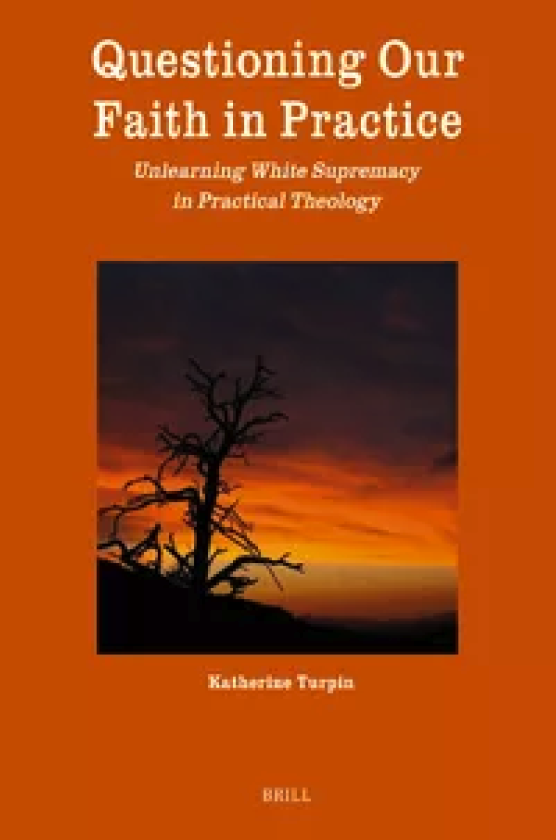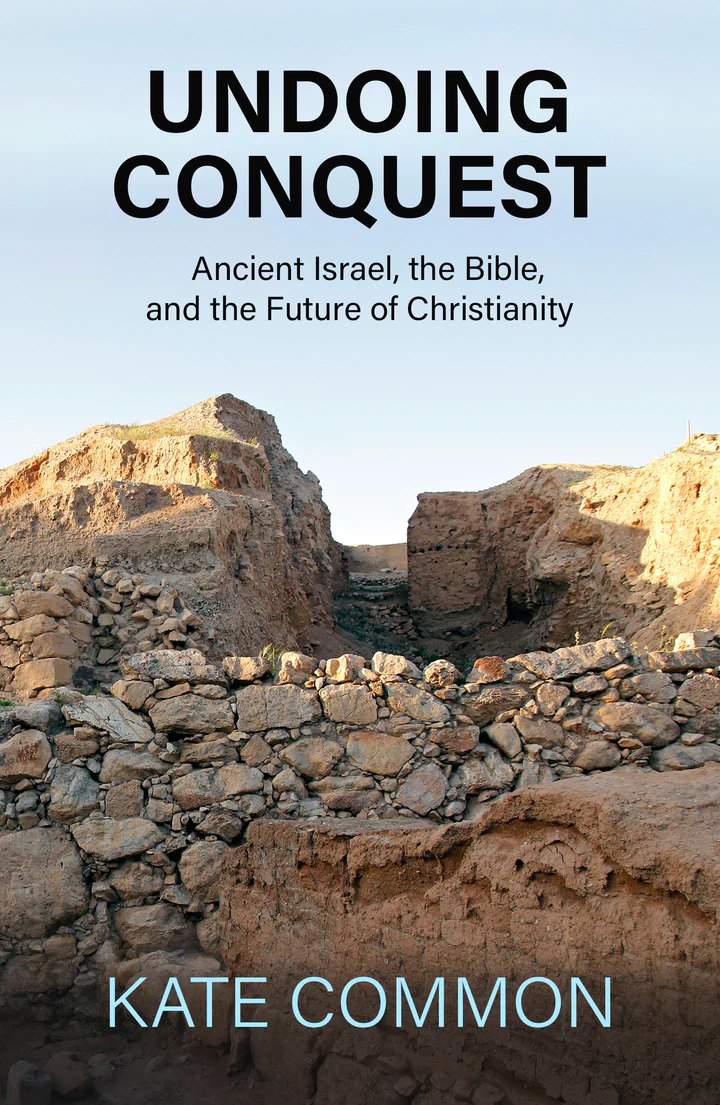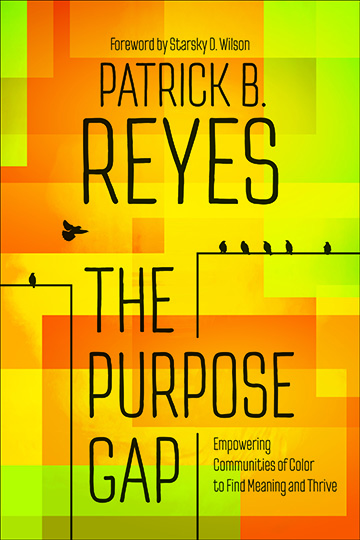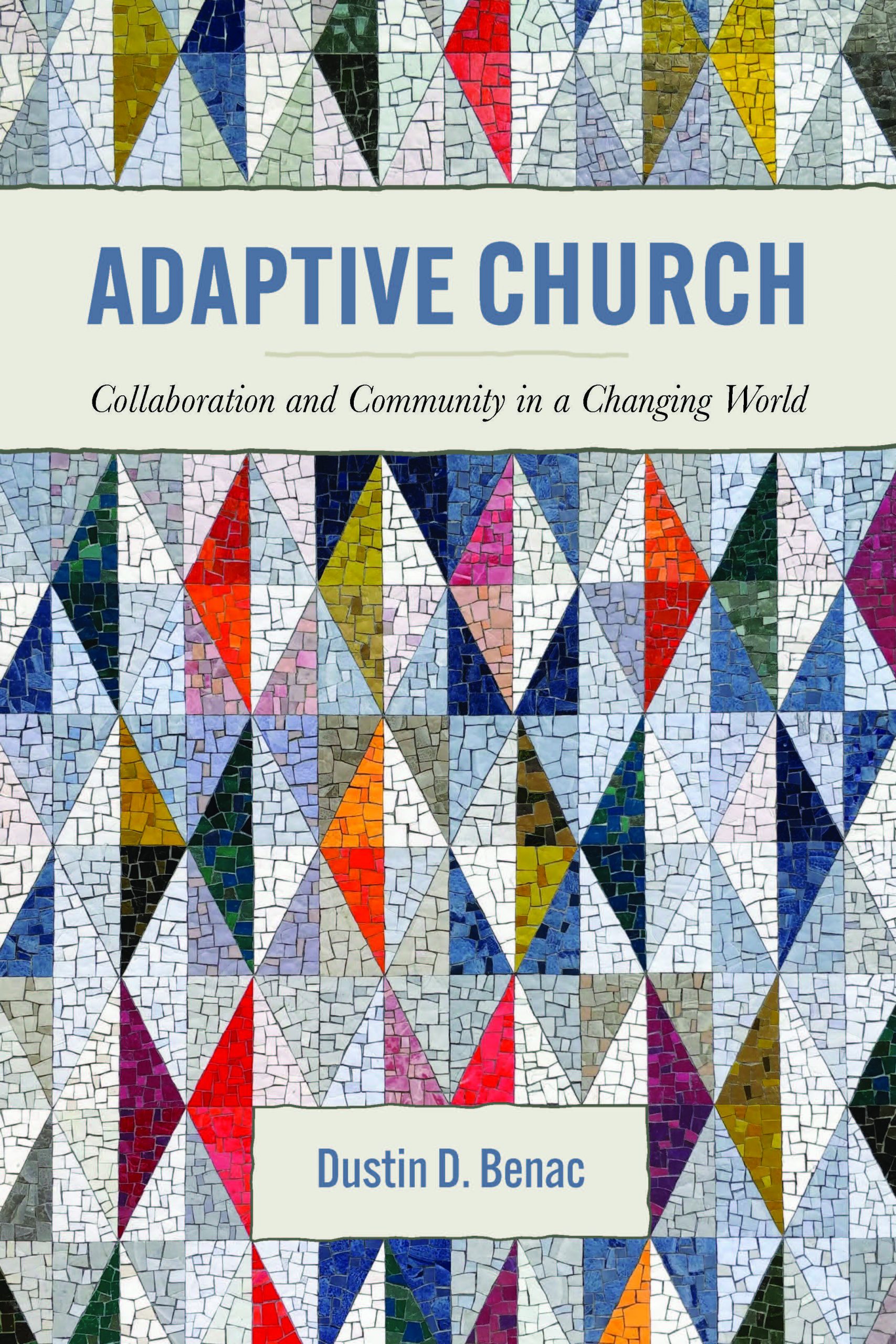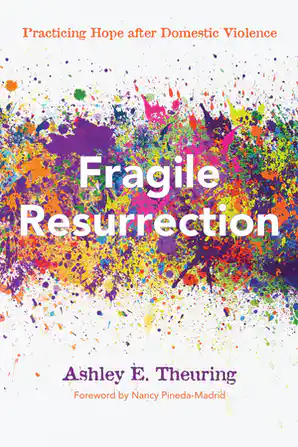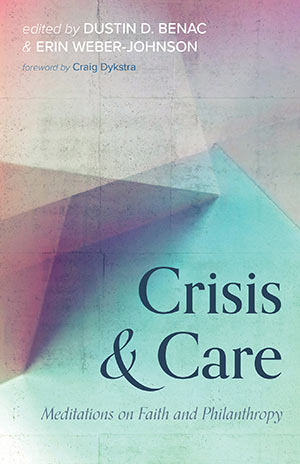
Member Recommended Books
Check out these new practical theology books recommended by our members. If you would like to recommend a book either by you or one of our members please submit it below.
We’d love to feature it here!
By Bonnie J. Miller-McLemore
What does it mean to pursue a calling? According to Bonnie J. Miller-McLemore, it may mean ambiguity, uncertainty, and even suffering–but that’s what makes it worthwhile.
The common understanding of calling is often simplistic. You simply need to follow your bliss, or God’s will. Miller-McLemore dives into the complex reality of what it means to pursue a calling, challenging the deceptive and destructive idea that a well-lived life is simple, with one perfect career, partner, or summons from God. Instead, she argues, to truly grapple with calling, we must consider how it evolves amid the constraints of life. Callings are often accompanied by loss, regret, failure, impediments, frustration, overload, and conflict, challenges that are an important part of a balanced life.
Grounding her argument in stories from memoirs and biographies, fiction, and the people she has encountered in her thirty years of teaching and research, Miller-McLemore guides the reader through six dilemmas one may face throughout life, from missed or conflicted callings to unexpected or relinquished passions. Each chapter explores the pain and hardships around these complicated experiences and the enhanced insight and vitality that arises from enduring them.
Intertwining faith, philosophy, and pragmatism, Miller-McLemore engages unflinchingly with the ways we find purpose in our lives, and how we make meaning of the search for a calling, no matter how rough the road it leads us down.
By Katherine Turpin
Practical theology emerged as a discipline steeped in white supremacy, traces of which can be found in some of its most central practices and habits of mind. Identifying the remnants of this legacy allows practical theologians to begin to imagine how to proceed without reinscribing narratives of white saviors, unlimited progress, dominating control of bodies, and individual heroic leadership. You are invited to question this worldview while learning from scholars imagining a decolonized future.
By Kate Common
Archeologists in the last century unearthed new evidence of the origins of the Hebrew people that reshapes understandings of Israelite history and the Bible. Undoing Conquest recovers the Highland Settlements material evidence as a history that challenges the theological imagination of conquest that is still present in Christianity today. Yet this new history remains largely untold outside of specialized archeological and biblical studies contexts. Undoing Conquest analyzes this evidence from a feminist perspective in dialogue with the present moment and uncovers its importance for shaping Christian theology and church practice today. The book examines how the biblical conquest narratives shaped Christian ideology, which justified settler-colonialism and genocide around the globe like the European conquest of the Americas. It proposes ways to invite the Highland Settlements story into the life of the church by creating a new liturgical season called the Season of Origins, focused on repairing the harms of the past and creating a more just future.
By Patrick B. Reyes
Far too much of the literature on leadership tells the story of heroic individuals creating their success by their own efforts. Such stories fail to recognize the structural obstacles to thriving faced by those in marginalized communities. If young people in these communities are to grow up to lives of purpose, others must help create the conditions to make that happen. Pastors, organizational leaders, educators, family, and friends must all perceive their calling to create new stories and new conditions of thriving for those most marginalized. The Purpose Gap offers both inspiration and practical guidance for how to do that. It offers advice on creating a safe space for failure and nurturing networks that support young people of color. Professional guidance for how to implement these strategies in one’s congregation, school, or community organization is also included.
By Dustin D. Benac
Christian organization, education, and leadership are changing. Headlines note rising religious disaffiliation (“the Nones”), moral failures by religious leaders, and the mounting crisis for religious education. Research on congregations, Christian higher education, and theological education also paints a dismal picture: declining engagement and growing fragility. These trends have changed the landscape that surrounds Christian thought and practice, but the story of local communities presents a more complex portrait: communities are also coalescing around vitality, wisdom, and hope.
Adaptive Church explores what it takes for communities of faith to respond to uncertainty and shifting organizational environments. Based on fifty-two interviews and four years of empirical work, Dustin Benac charts a theological paradigm for collaboration and community in a changing world. He pioneers an interdisciplinary method that identifies the ecclesial ecology as the primary site to discern how Christian communities and leaders adapt to mounting challenges. Moreover, he provides the first in-depth analysis of a novel form of organizing religious life—a “hub”—by telling the story of how collaborative partnerships are creating new structures of belonging in the Pacific Northwest. Neither megachurches nor denominations, these hubs are networks that anchor religious life within a particular community and facilitate webs of connection across Christian institutions. Illumined by wisdom drawn from the Christian tradition, they pursue a particular way of life, one sustained by six complementary forms of leadership that express the possibility of collaboration and community in a changing world.
by Ashley E. Theuring
Foreword by Nancy Pineda-Madrid
How do we practice hope after trauma? What shape does hope take after abuse? In grappling with these questions, Ashley E. Theuring implicates the entire church and advocates changing our theologies of hope and our understanding of resurrection. Reimagining the Empty Tomb narrative from the Gospel of Mark in light of the experiences of domestic violence survivors, Fragile Resurrection reveals the possibility for everyday practices and relationships to mediate hope and resurrection. Theuring constructs an embodied imaginative hope found in the wake of trauma, which can speak to our current context of trauma and uncertainty.
Edited by Dustin D. Benac and Erin Weber-Johnson
A deadly pandemic. Civic unrest. Economic uncertainty. The years between the 2016 and 2020 Presidential Elections exposed the vulnerability of our institutions—and ourselves—like never before. In the wake of uncertainty, the authors in this volume offer wisdom to make sense of the changes brought by these past four years. Reflecting how faith and philanthropy converge, they imagine alternative economies for faith communities, academia, and nonprofits, while also marking the unshakable encounter with grief and crisis. Authors linger in the space between what was and what will be to ask: what do we leave behind, what do we bring with us, and what possibilities exist where crisis and care converge? Their words and wisdom kindle philanthropic imagination in this moment of transition and change.


